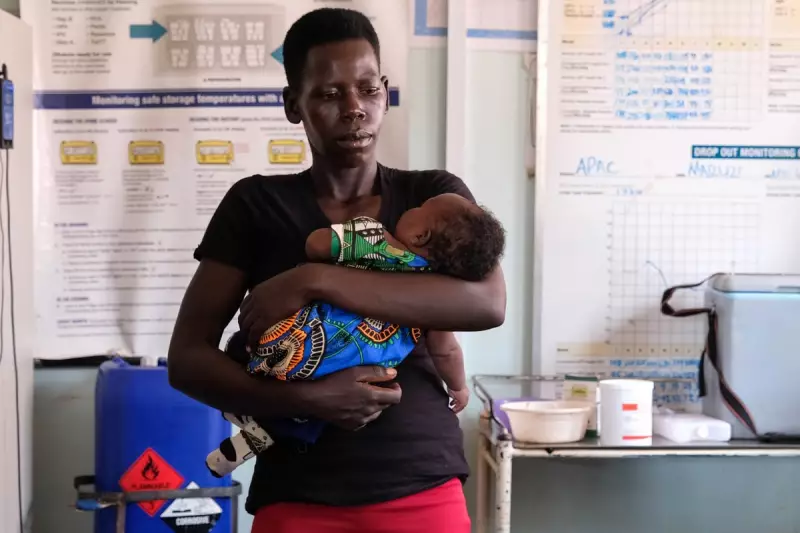
Millions at Risk as Global Health Fund Faces Billions in Cuts
The world's primary fund for combating HIV, tuberculosis, and malaria has failed to meet its critical fundraising target, placing millions of lives in immediate danger. The Global Fund had aimed to secure $18 billion to save an estimated 23 million lives between 2027 and 2029. However, a recent pledging conference in Johannesburg, South Africa, concluded with a significant shortfall.
So far, the fund has raised $11.34 billion, leaving it nearly $7 billion under its target. Every $1 billion missed from this goal is estimated to represent 1.3 million lives lost to these preventable diseases.
National Pledges Fall Short
The United Kingdom, despite co-hosting the fundraising event, announced a reduced pledge of £850 million, down from the £1 billion it committed in 2022. This reduction aligns with a broader government strategy to shift money away from foreign aid to fund defence.
International Development Secretary Jenny Chapman defended the UK's contribution, stating that since the Global Fund's founding in 2002, British investment has helped save over 70 million lives and reduced deaths from AIDS, TB, and malaria by 63%.
Similarly, the United States pledged $4.6 billion, a decrease from its $6 billion pledge in 2022. The report notes that previous aid cuts under Donald Trump have already been linked to deaths in lower-income countries that relied on these funds for HIV services.
Experts Warn of Dire Consequences
The Director-General of the World Health Organization, Dr Tedros Adhanom Ghebreyesus, issued a stark warning, stating that sudden and unplanned cuts to global aid would imperil progress against these deadly diseases. He highlighted new tools like bed nets and potential TB vaccines but cautioned that increasing drug resistance and lack of access to health services remain significant challenges.
Janeen Madan Keller from the Center for Global Development suggested the fund may need to radically rethink its model, focusing grants on the poorest nations and offering loans to wealthier countries. She emphasised that tough cost-cutting decisions are now inevitable.
Anne Aslett, CEO of the Elton John AIDS Foundation, offered a tempered view, stating that while the replenishment does not meet the level needed to turn the tide, it keeps the door open for future progress, provided the world acts swiftly.






